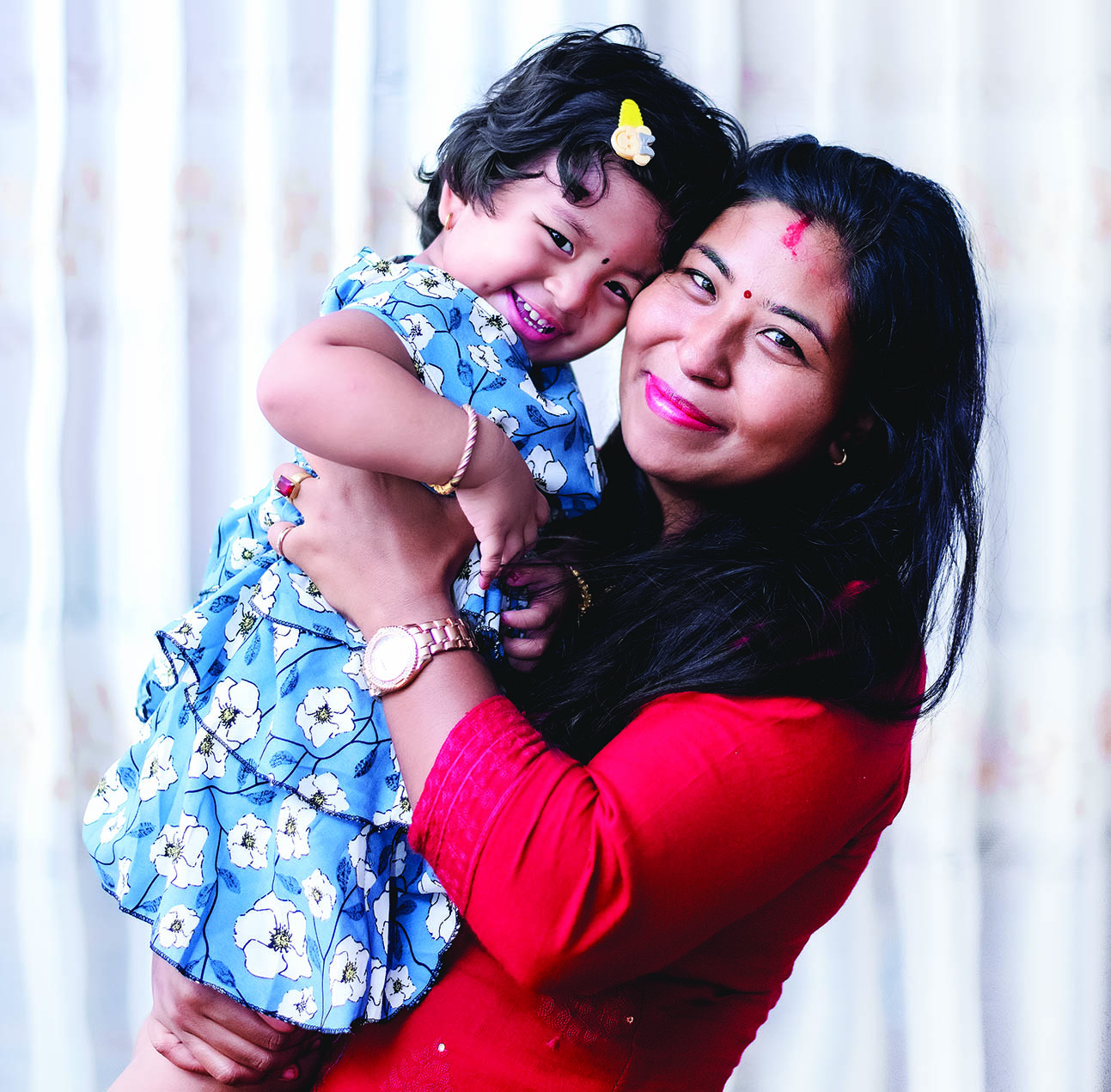Principles of Good Parenting
Having a baby is one of the most life-changing events for most parents. The months just before and after the birth are often very stressful, and it -- parenting in general -- does not get any easier thereafter.

If you are a mother, here is a difficult question for you: Which is more difficult -- giving birth, or parenting? I, as a mother of three children, personally feel that parenting is more difficult, as it is a process that never ends as long as you live.
Being a parent and caring for your children can be a wonderful experience, but there are times when it can be daunting and overwhelming. We make quick decisions related to our children’s upbringing that may end up having a lasting impact on their life. We may act on our gut reactions or just continue using the same techniques our own parents used, without even pausing to think if these were effective parenting techniques. But then again, if we are what we are, could those techniques have been wrong?
Parenting involves not just relying on our instincts or doing what our parents did before us, but knowing what works best for our children, and why. In Ten Basic Principles of Good Parenting, Dr. Laurence Steinberg, a Psychology Professor at Temple University in Philadelphia, U.S.A., gives practical advice on how to raise confident and well-adjusted children. Some of his principles, which I feel are relatable, and my own principles are provided here in a combined way.
Ask for help: Many people find it difficult to accept help, possibly because they do not want to inconvenience others or are too proud. It is important to surround yourself with family members so that if you feel overwhelmed with the baby or the new situation, they there to help. (Steinberg)
Choose the right parenting style: Child development experts have identified three main styles of parenting -- authoritarian (strict); authoritative (supportive); and permissive (weak). Your parenting style can affect your child’s self-esteem and confidence. The key to effective parenting is to develop respectful relationships with your children, so that problems can be resolved in a calm, fair and kindly way. (Steinberg)
Adapt your parenting to fit your child: As a mother of three children I know and can vouch that no two kids are alike. Therefore, I need to tailor my parenting styles according to each child’s individual needs and temperament. There are a lot of parenting advice out there. Many of them, however, are based on this one-size-fits-all approach that says you need to be really warm and give your kids freedom and independence. As a parent you also naturally have some intuition about your kid’s strengths, weaknesses and overall characteristics. And when you take these intuition into account, you’re going to be better off, and so will your kids.
Be involved in your child’s life: Being an involved parent takes time and is hard work. It often means rethinking and rearranging your priorities. It frequently means sacrificing what you want to do for what your child needs to do. Be there for your child mentally as well as physically.
Foster your child’s independence: Setting limits helps your child develop a sense of self-control. Encouraging independence helps her develop a sense of self-direction. To be successful in life, she’s going to need both. (Steinberg)
Be consistent. “If your rules vary from day to day in an unpredictable fashion or if you enforce them only intermittently, your child’s misbehavior is your fault, not his. Your most important disciplinary tool is consistency. Identify your non-negotiable. The more your authority is based on wisdom and not on power, the less your child will challenge it.” No arguing here on this!
Avoid harsh discipline: Parents should never hit a child, under any circumstances, Steinberg says. There are many other ways to discipline a child -- including ‘time out’ -- which work better and do not involve aggression.” “Children who are spanked, hit, or slapped,” he writes, “are more prone to fighting with other children.” “They are more likely to be bullies and more likely to use aggression to solve disputes with others.” (Steinberg)
Explain your rules and decisions: Parents have certain expectations that they want their child to live up to. Generally, parents tend to over explain rules and expectations to young children, and under explain them to adolescents. What is obvious to you may not be obvious to a 12-year-old. Explain to them -- irrespective of their age -- until you are sure they have understood.
Treat your child with respect: Steinberg writes, “The best way to get respectful treatment from your child is to treat him respectfully.” I totally agree with the writer. You should give your child the same courtesies you would give to anyone else. Speak to him politely. Respect his opinion. Pay attention when he is speaking to you. Treat him kindly. Try to please him when you can. Your relationship with your child is the foundation for his relationships with others. (Steinberg)
The more you practice good parenting skills, the more natural they will become even at times you respond instinctively. According to Steinberg, good parenting fosters healthy psychological adjustment, and promotes positive behaviors and attributes such as honesty, empathy, self-reliance, kindness, cooperation, success in school, intellectual curiosity, motivation to learn, and the desire to achieve.
Let us get back to our original question. Yes, it is more difficult being parents because of its long-term nature. But if you do it right -- for example by following the principles mentioned here -- the rewards are unimaginably manifold to you, and more importantly, to your child.


